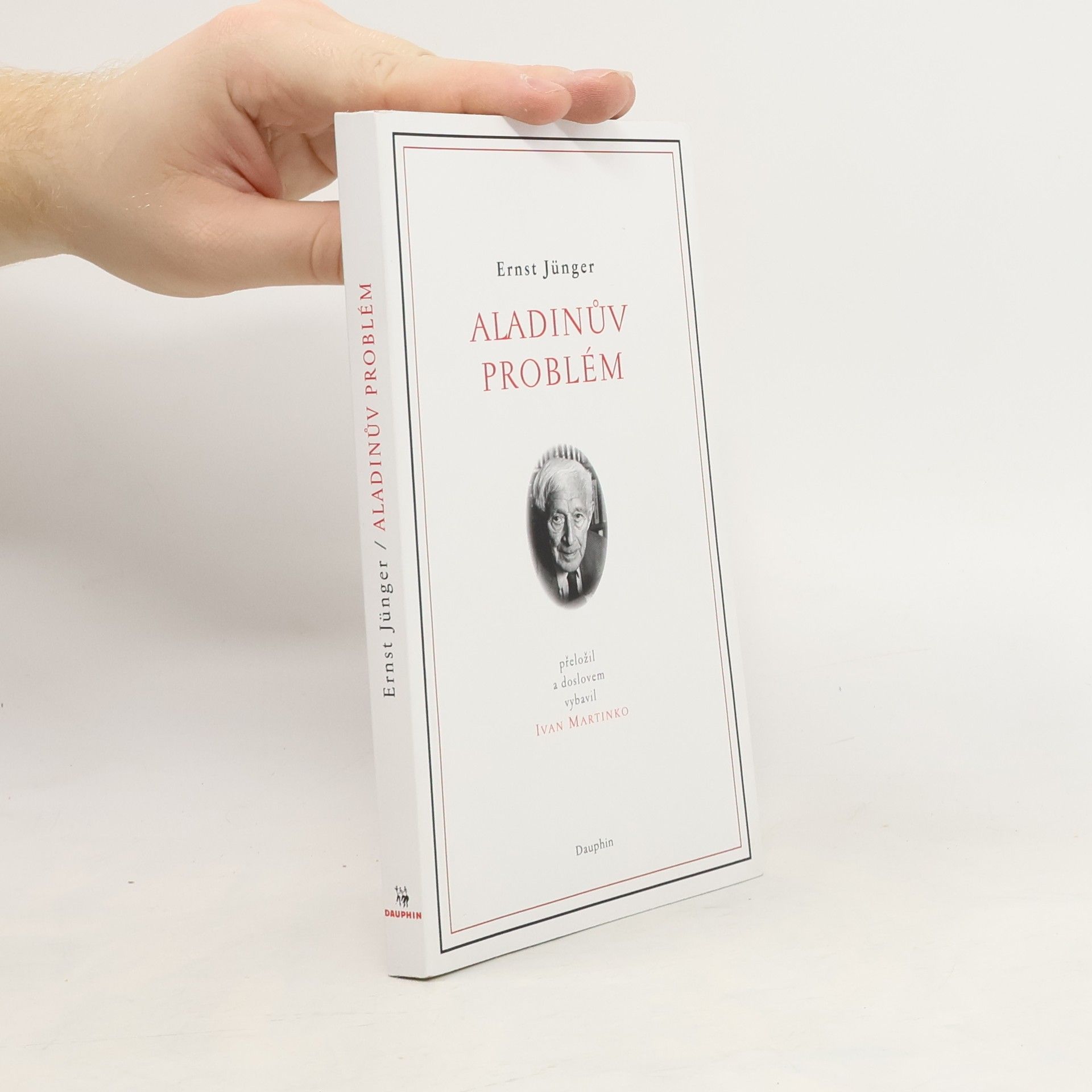Dělník: Hegemonie a figura
- 288 pages
- 11 hours of reading
Svou studii "Dělník: Hegemonie a figura" vydal Ernst Jünger roku 1932. Patří k jeho zásadním esejistickým textům a odráží se v ní jeho dějinně filozofické a politické smýšlení, které se u něj vyvíjelo v reakci na zážitky první světové války a na poválečný společenský kontext nejenom v Německu. Dělník je v Jüngerově podání oproštěn od svých tradičních socioekonomických vztahů a vystupuje ve své dehistorizované roli jako nezávisle působící veličina, která utváří novou skutečnost. Jeho nárok na hegemonii nad společností, hospodářstvím a státem spočívá podle Jüngera v jeho přirozeném vztahu k moci. Mezi další témata, kterými se zde autor zaobírá, patří práce jako způsob života, nebo technika jako způsob, kterým figura dělníka mobilizuje svět.







